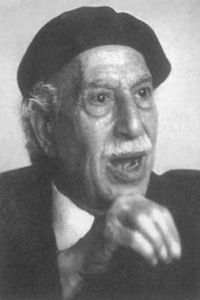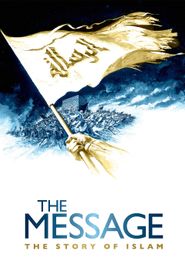Tawfiq Al-Hakim, a celebrated Egyptian writer and literary luminary, left an enduring legacy on Arabic literature during the 20th century. Born in the culturally rich and cosmopolitan city of Alexandria, Egypt, in the year 1898, he was one of the pioneering figures who skillfully integrated Western theatrical art forms with Arab themes, thereby paving the way for the development of modern Egyptian theater.
Al-Hakim's journey began with a pursuit of a law career, yet his unwavering enthusiasm for literature and theater soon took center stage, ultimately steering him towards a life dedicated to the arts. His extraordinary body of work, comprising a diverse array of plays including "The People of the Cave", "The Return of the Spirit", and "The Sultan's Dilemma", played a profoundly significant role in the evolution of Arabic drama, leaving an indelible mark on the literary landscape.
Taha Hussein Al-Hakim
Taha Hussein Al-Hakim's literary odyssey was marked by an unwavering commitment to exploring the complexities of the human experience, as he unflinchingly delved into a vast array of social, political, and intellectual themes, infusing his work with a profound philosophical depth and symbolism that continues to captivate and inspire audiences to this day.
His trailblazing narrative style, which fearlessly pushed the boundaries of storytelling, has left an indelible mark on the literary world, as generations of writers, playwrights, and theater enthusiasts continue to draw inspiration from his bold and original approach, ensuring his legacy as a master storyteller and a champion of artistic innovation.
Born: 1898
Died: 1987
Tawfiq Al-Hakim's enduring and extraordinary legacy transcends his mortal existence, as his remarkable body of work continues to mesmerize and enthrall audiences, sparking a never-ending cycle of creative inspiration and artistic innovation. The revered and illustrious writer's mortal coil was laid to rest in the vibrant city of Cairo, where his remarkable literary and theatrical masterpieces remain an indelible part of the cultural tapestry, profoundly influencing the trajectory of Arabic literature and theater to this very day.





















